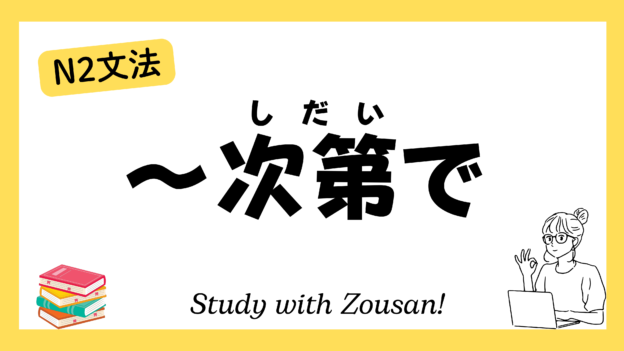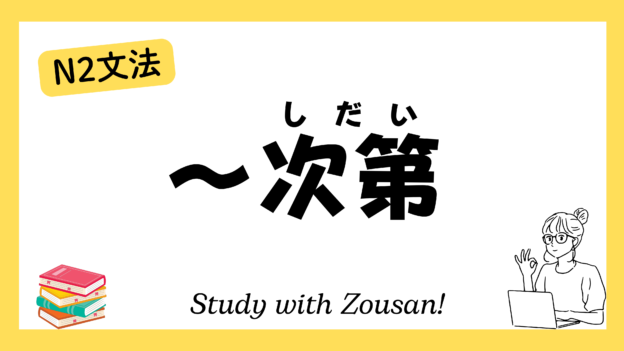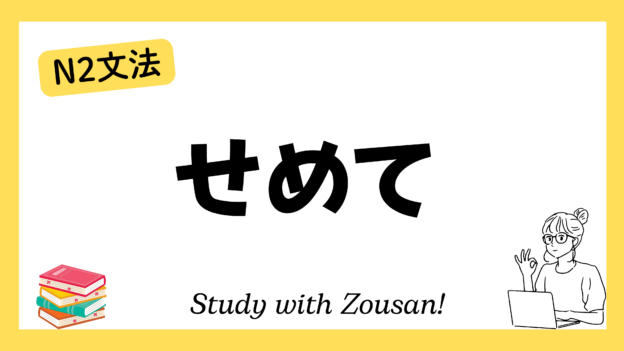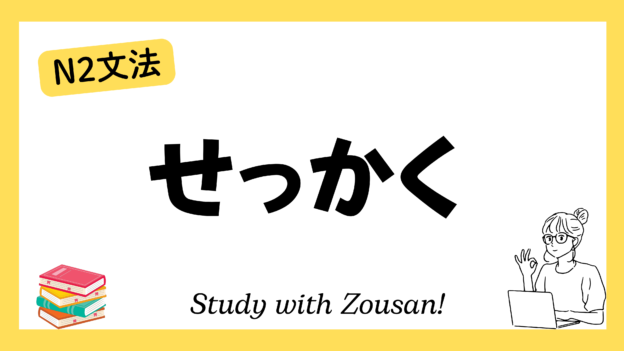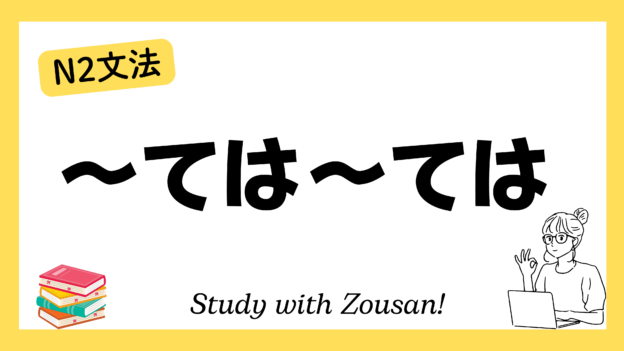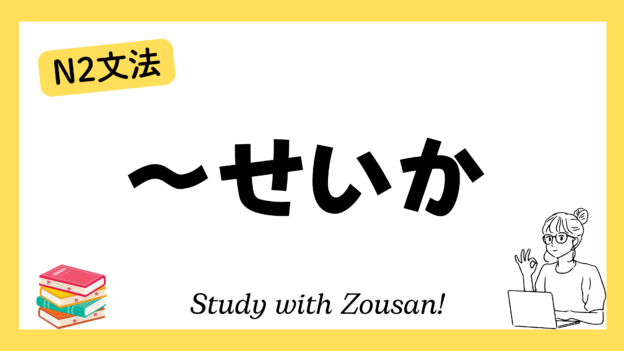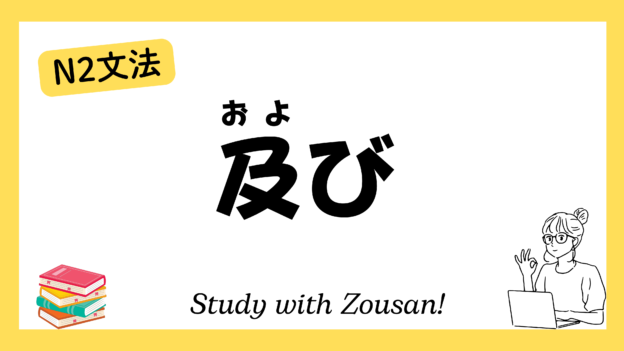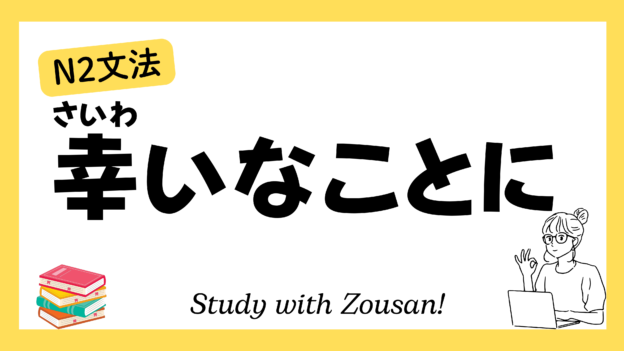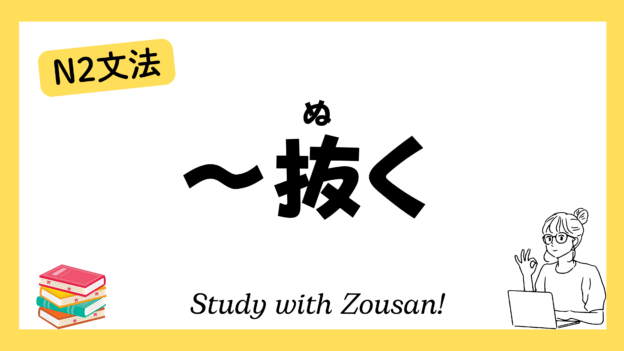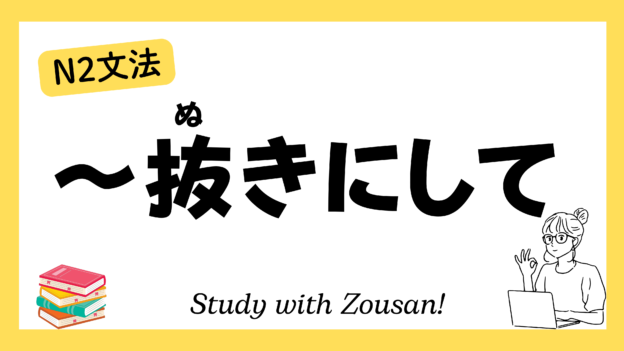Meaning: “Depending on…” / “Based on…” / “According to…”
The structure ~次第で is used to express that the result or situation will change depending on a specific factor. It emphasizes that the action, result, or decision depends on a certain condition and can vary based on that factor.
※Note:
・~次第で is often used in formal sentences or situations where the outcome is uncertain and may be influenced by various factors.
・This structure is commonly paired with nouns indicating factors or conditions that could affect the result.
Structure:
| Noun + 次第で(は)/次第だ。 |
Example:
-
-
-
🌟 成功するかどうかは、あなたの努力次第だ。
(せいこう する か どうか は、あなた の どりょく しだい だ)
Whether you succeed or not depends on your effort. -
🌟 天気次第で、ピクニックに行くかどうか決めます。
(てんき しだい で、ピクニック に いく か どうか きめます)
We’ll decide whether to go on a picnic depending on the weather. -
🌟 試合の結果次第で、次の試合の相手が決まる。
(しあい の けっか しだい で、つぎ の しあい の あいて が きまる)
The opponent for the next match will be determined based on the result of this match. -
🌟 あなたの返事次第で、この計画が進むかどうか決まる。
(あなた の へんじ しだい で、この けいかく が すすむ か どうか きまる)
The progress of this plan depends on your response. -
🌟 予算次第で、プロジェクトの内容が変わる。
(よさん しだい で、プロジェクト の ないよう が かわる)
The project’s content will change depending on the budget. -
🌟 この問題は、対応次第で解決できるかもしれない。
(この もんだい は、たいおう しだい で かいけつ できる かもしれない)
This problem might be resolved depending on how it is addressed. -
🌟 交渉の結果次第で、契約が成立するかどうかが決まる。
(こうしょう の けっか しだい で、けいやく が せいりつ する か どうか が きまる)
The success of the contract depends on the negotiation results. -
🌟 彼の態度次第で、私たちの対応が変わる。
(かれ の たいど しだい で、わたしたち の たいおう が かわる)
Our response will change depending on his attitude. -
🌟 計画は進行次第で、日程が変わる可能性がある。
(けいかく は しんこう しだい で、にってい が かわる かのうせい が ある)
The schedule may change depending on the progress of the plan. -
🌟 運次第で、人生は大きく変わることもある。
(うん しだい で、じんせい は おおきく かわる こと も ある)
Life can change significantly depending on luck.
-
-


